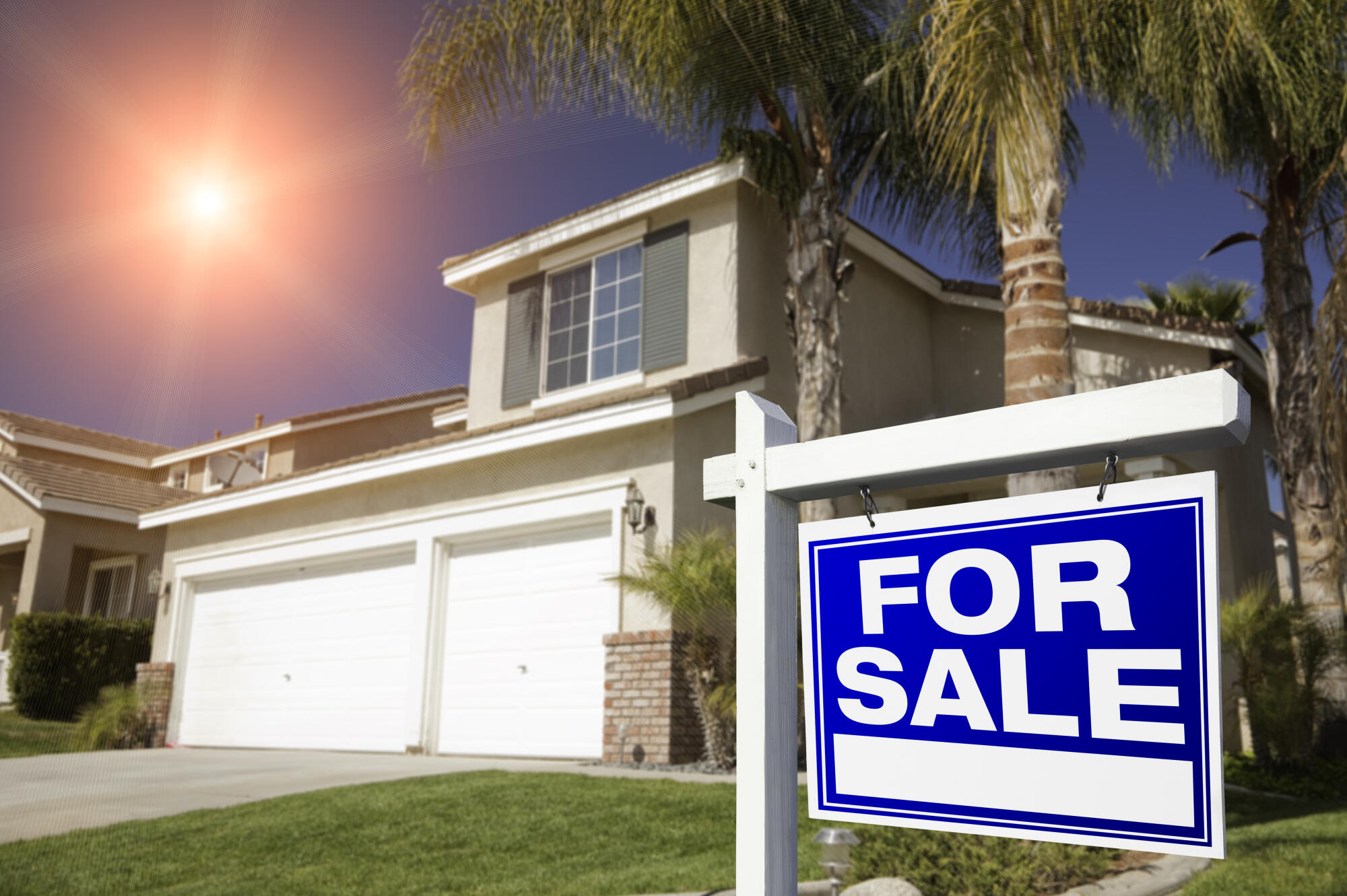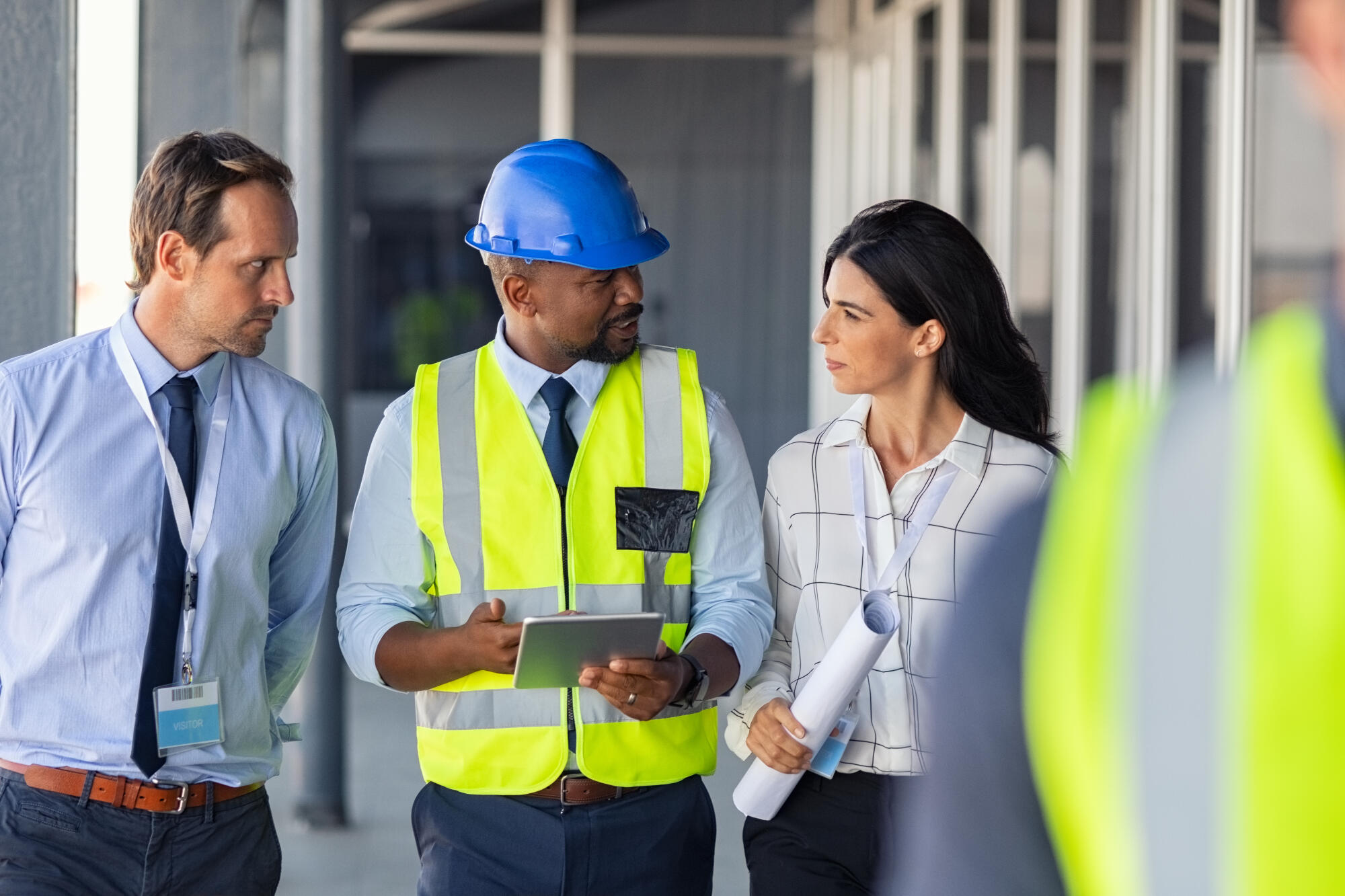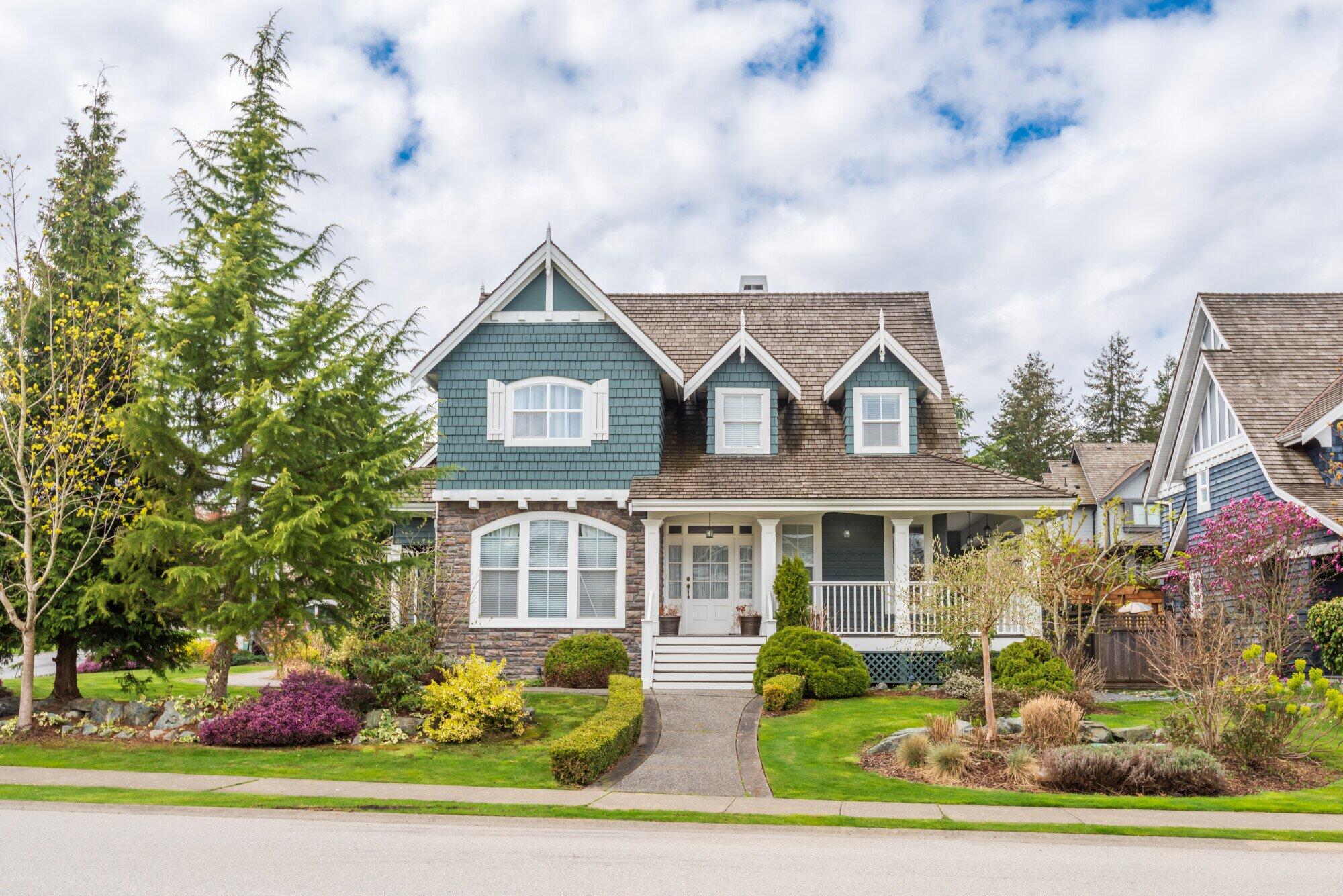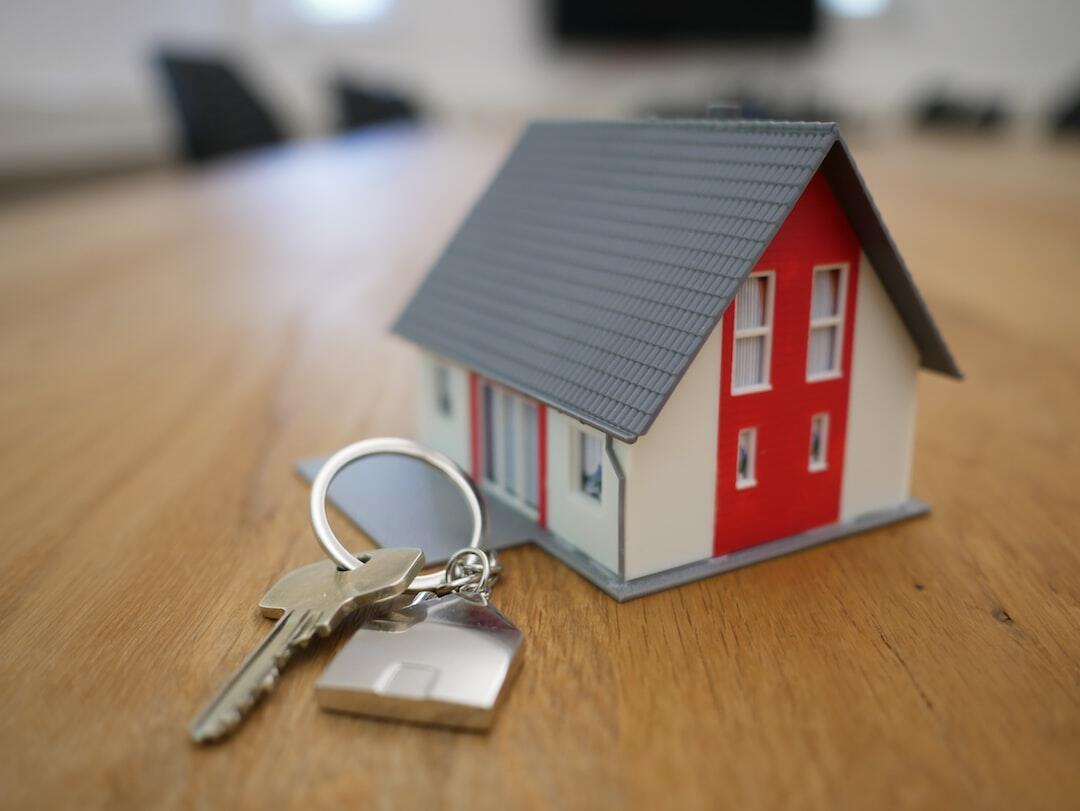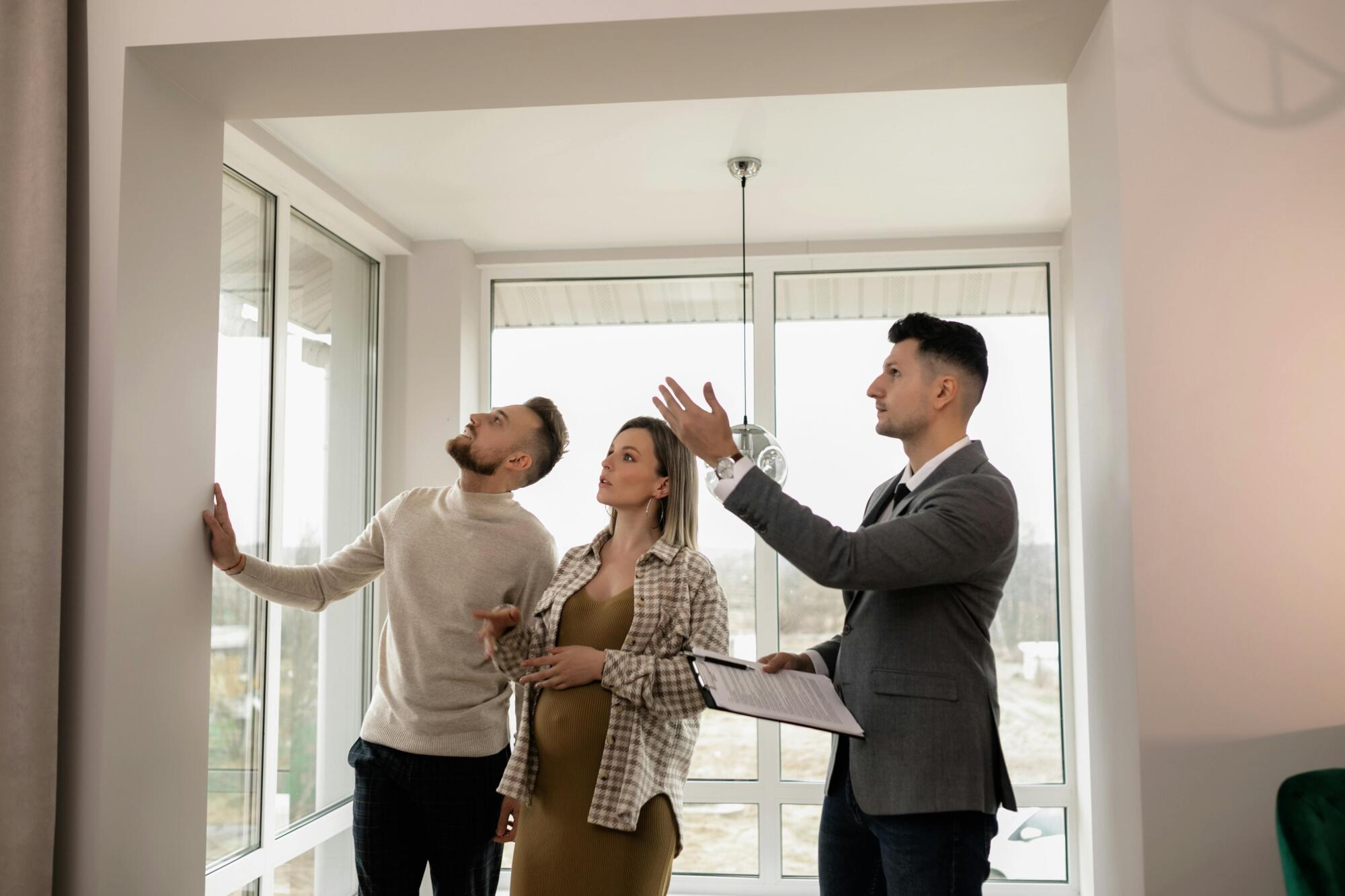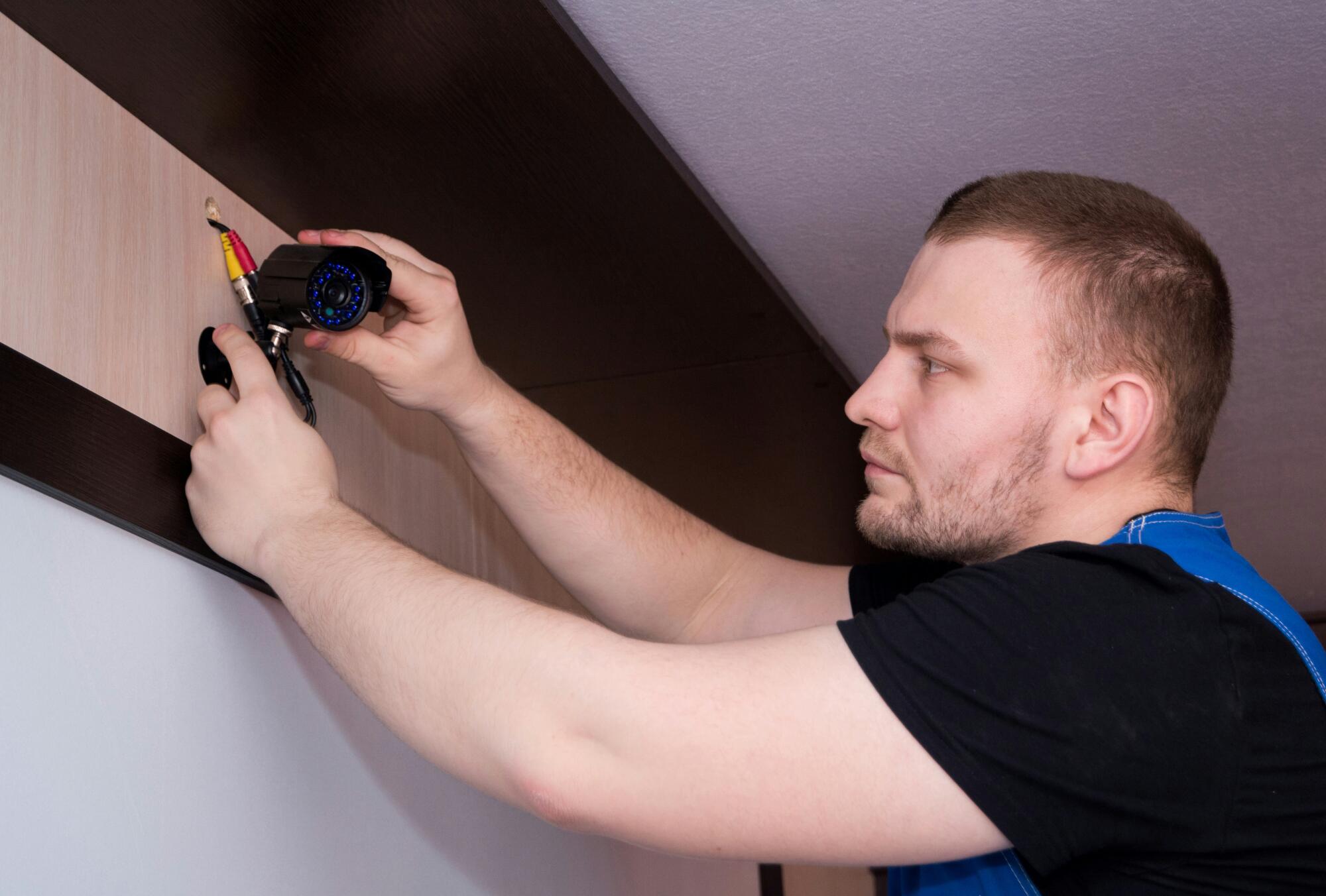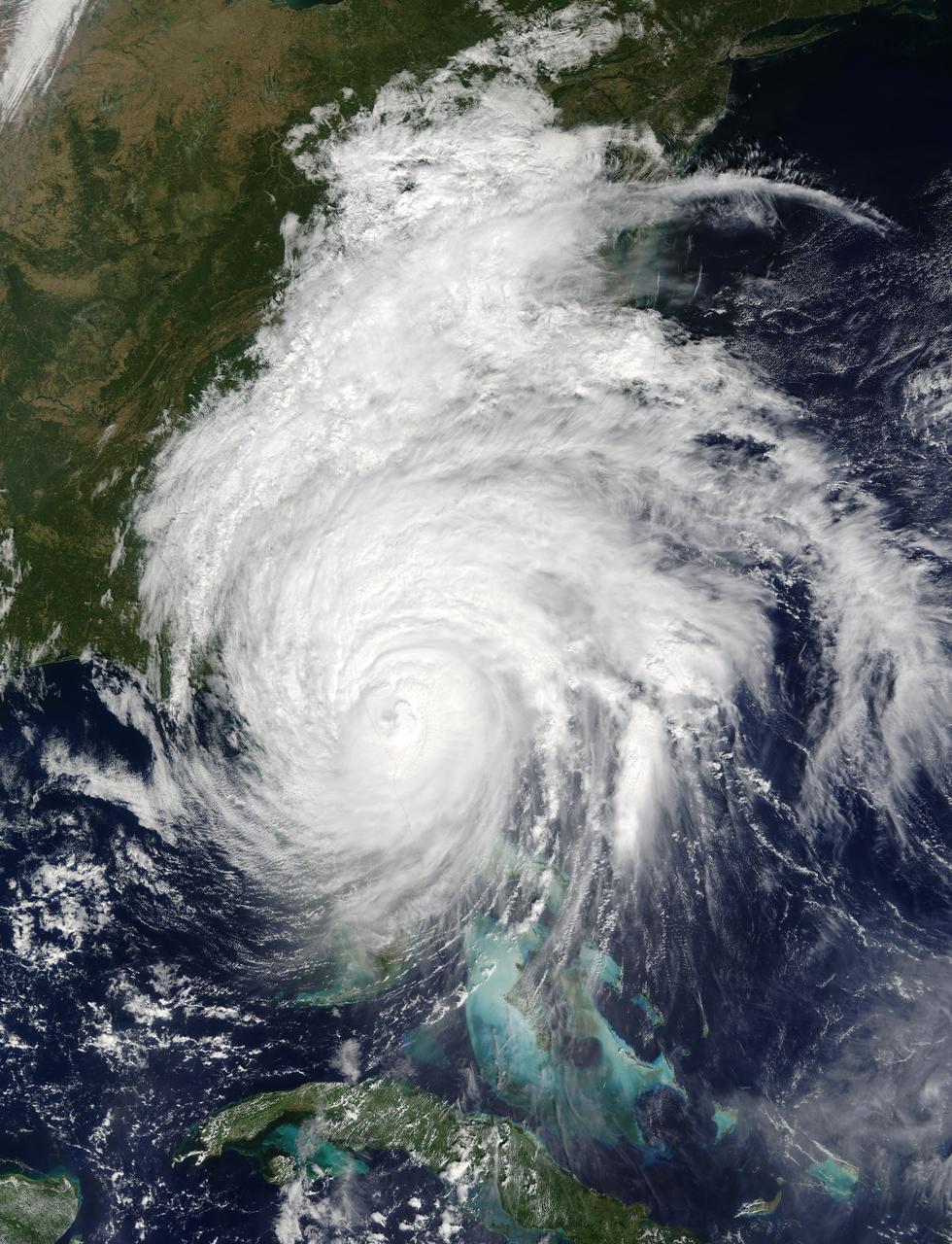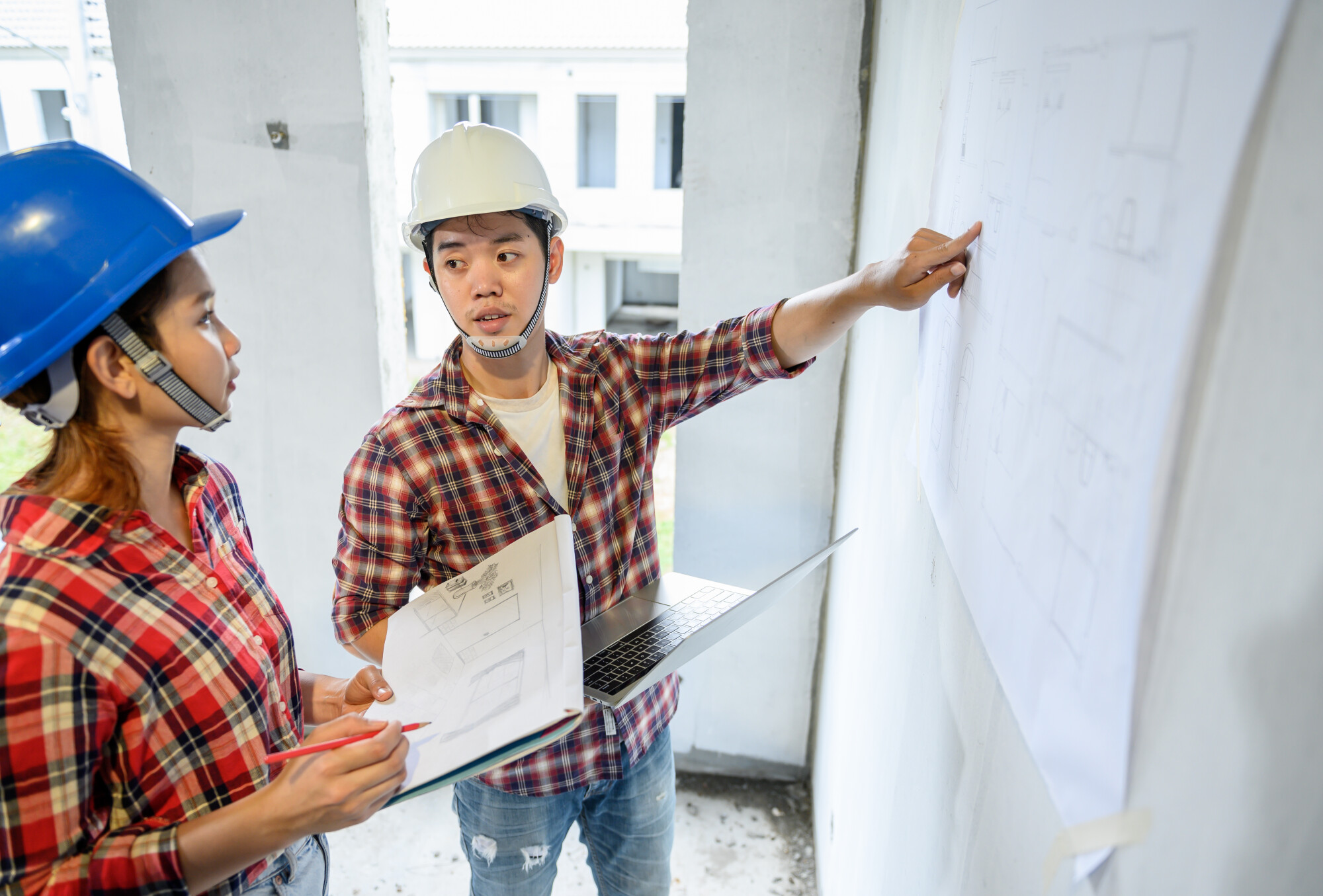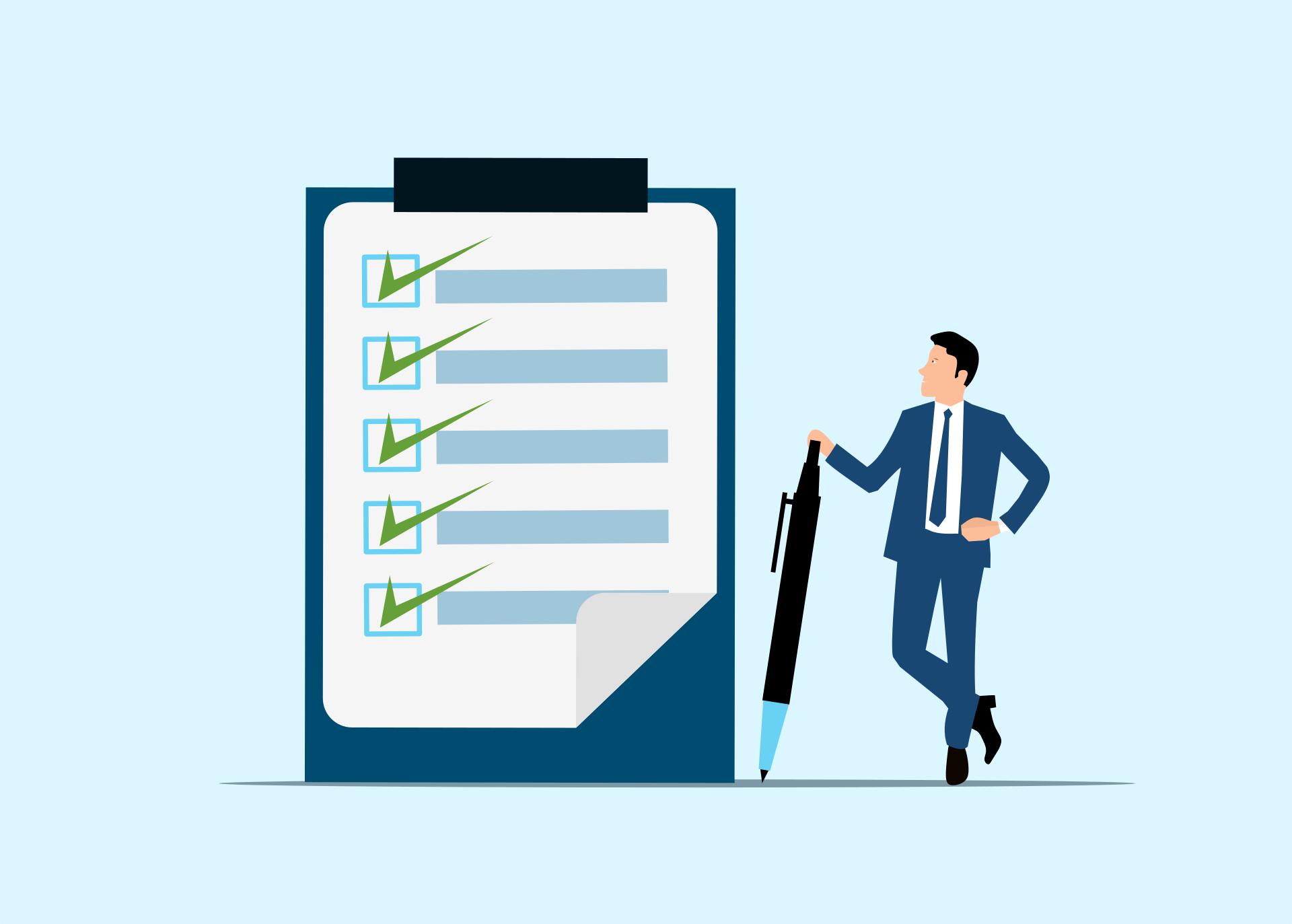Balconies add beauty, value, and functionality to Florida homes, condos, and apartment complexes. They provide a place to relax, enjoy the sunshine, and take in scenic views.
However, given Florida’s humid climate, salty coastal air, and frequent hurricanes and storms, balconies can be vulnerable to wear, corrosion, and structural damage over time. To keep them safe and up to code, regular inspections are essential.
If you own a property in Florida, whether it’s a single-family home with a private balcony or a multi-unit building with shared outdoor spaces, you might be wondering: How often should you schedule a balcony inspection?
The answer depends on state requirements, local regulations, and environmental factors unique to the Sunshine State. Keep reading to find out more.
Florida Balcony Regulations
While single-family homes are generally not subject to mandatory balcony inspection laws, multi-family buildings in Florida, especially condominiums and hotels, must follow specific safety protocols. Recent changes in Florida law, particularly after the 2021 Surfside condo collapse, have emphasized the importance of structural safety.
Condo Associations and Multi-Unit Properties
Florida’s Milestone Inspection Law (effective December 2022) requires structural inspections for condominium and cooperative buildings that are three stories or higher. While balconies are part of the building’s exterior elements, they may also fall under these inspections if they are load-bearing or integrated into the structural system.
Balcony-Specific Inspections
Local municipalities may require periodic inspections of balconies and exterior elevated elements, especially in coastal cities. These inspections focus on safety, structural integrity, and compliance with building codes.
Recommended Inspection Frequency
Even if you’re not legally required to follow a set property maintenance schedule, regular inspections are highly recommended for safety and maintenance purposes. Here’s a general guideline for Florida property owners:
1. For Coastal Properties
Frequency: Every 2-3 years
Why: Saltwater air accelerates corrosion in metal components and can cause concrete to crack or spall faster. Moisture and salt also weaken wood over time.
2. For Inland Properties
Frequency: Every 3-5 years
Why: While inland properties face less salt exposure, Florida’s humidity and rainfall can still damage balcony materials over time.
3. After Major Storms or Hurricanes
Frequency: Immediately after the event
Why: Strong winds, flying debris, and heavy rainfall can compromise:
- Balcony railings
- Supports
- Surfaces
Even hidden damage can worsen if not addressed promptly.
4. For Older Buildings (20+ years)
Frequency: Every 1-2 years
Why: Aging materials are more prone to wear and structural failure, especially in Florida’s challenging climate.
5. For Hotels and Motels
Frequency: Every 3 years
Why: The DBPR requires a certification every 3 years. A special form HR-7020 needs to be completed by a specialists such as CFBI.
Signs Your Balcony May Need Immediate Inspection
Even if your regular inspection is months or years away, certain warning signs mean you should schedule one sooner:
- Visible cracks in the concrete or stucco.
- Loose or wobbly railings.
- Rust stains on the underside or near bolts and connectors.
- Soft or rotting wood on decking or supports.
- Water pooling or poor drainage on the balcony surface.
- Discoloration or peeling paint may indicate moisture intrusion.
Addressing these issues early can prevent costly repairs-and more importantly, reduce the risk of accidents.
What Happens During a Balcony Inspection?
A professional balcony inspection in Florida typically involves many steps. Here are some of them:
- Visual Examination: Inspectors look for cracks, chips, rust, and other visible damage to the balcony structure, railings, and surface materials.
- Material Assessment: They evaluate the condition of wood, metal, or concrete to ensure it’s strong enough to support its intended load.
- Structural Check: Load-bearing components, including beams, columns, and attachment points, are examined for wear and deterioration.
- Moisture Detection: Inspectors check for water intrusion, which can weaken the balcony’s structural integrity.
- Code Compliance Review: Railings, spacing, and height are checked against Florida’s current building codes to ensure safety.
Benefits of Regular Balcony Inspections
There are many benefits to getting regular balcony safety checks performed by a professional. Here are some to consider:
- Enhanced Safety: Balconies can be dangerous if not properly maintained; regular inspections help identify hazards before they cause accidents.
- Prolonged Lifespan: Timely repairs and maintenance extend the life of your balcony, saving you from expensive replacements.
- Building Code Compliance: For condo associations and property managers, staying compliant with Florida’s inspection laws helps avoid fines, lawsuits, and potential shutdowns.
- Increased Property Value: A safe, attractive, and well-maintained balcony adds to your home’s curb appeal and marketability.
Florida Climate Challenges for Balconies
Florida’s unique weather patterns present special challenges for balcony maintenance:
- High Humidity: Promotes mold growth, wood rot, and metal corrosion.
- Hurricane Season: Brings heavy rain, strong winds, and flying debris.
- Salt Air: Coastal properties face accelerated rusting and concrete deterioration.
- Intense Sunlight: UV rays can weaken certain materials and fade finishes.
Because of these environmental stressors, Florida balconies tend to require more frequent inspections compared to those in drier or cooler states.
Who Should Conduct the Balcony Inspection?
Balcony inspections should be carried out by licensed professionals with experience in structural assessment. Depending on the property type, you may need:
- Licensed Structural Engineers: Required for milestone inspections and complex evaluations.
- Certified Building Inspectors: Suitable for smaller residential balconies or routine maintenance checks.
- Specialty Contractors: For repairs involving specific materials like waterproof membranes, wood decking, or metal railings.
Always verify the inspector’s credentials and ensure they understand Florida’s building codes and environmental conditions.
Best Practices for Balcony Maintenance Between Inspections
While inspections are critical, ongoing care between visits can help keep your balcony safe and beautiful. Here are some steps to take:
- Sweep regularly to prevent water pooling.
- Seal or paint wood and metal components to protect against moisture.
- Trim nearby plants to prevent roots or vines from damaging the structure.
- Clear drainage outlets to avoid standing water.
- Avoid overloading the balcony with heavy furniture or equipment.
Conduct Regular Balcony Safety Checks
With the right balcony inspection schedule, your Florida balcony can remain both a beautiful feature and a secure space for years to come.
Central Florida Building Inspectors has been providing accurate and trustworthy home inspections in Florida since 1988, and we would like to offer our extensive expertise to your balcony inspection, as we perform thousands of home & commercial inspections every year.
Contact our team today to learn more about our services or to set up an appointment for a balcony inspection.

